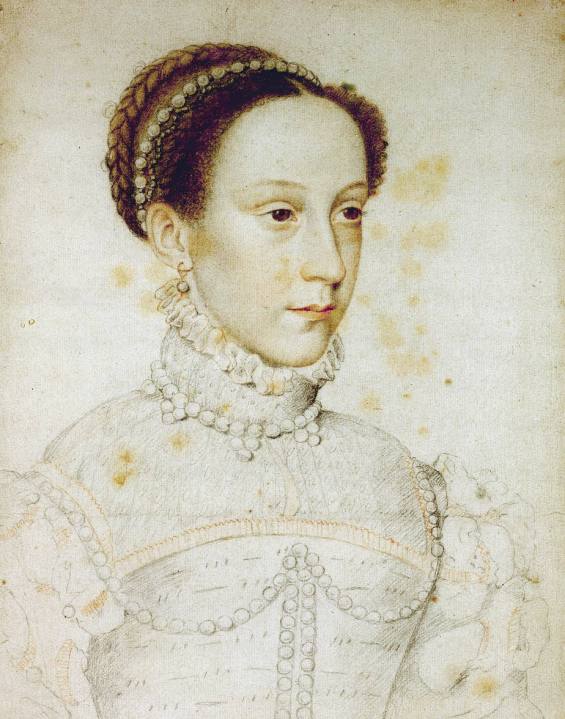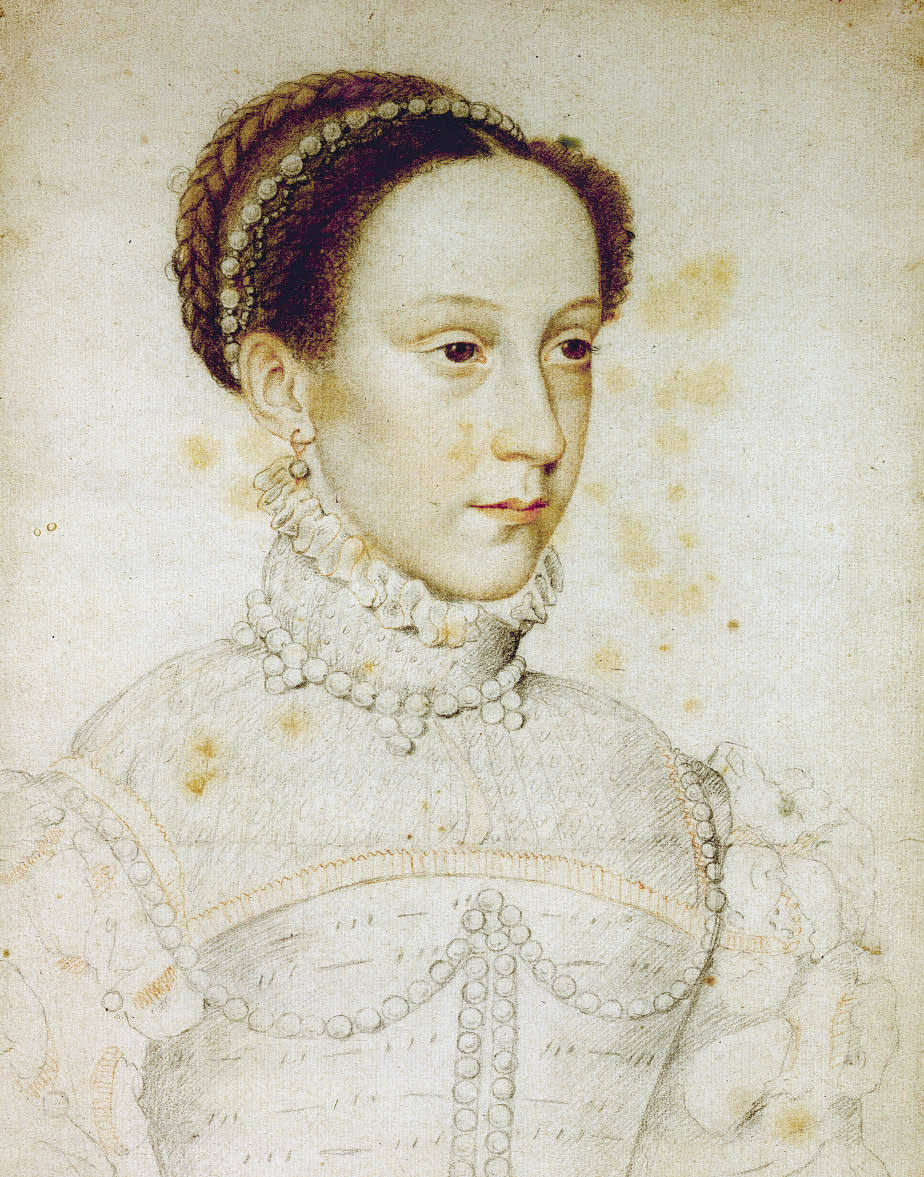When you consider what a bloody mess the Houses of Lancaster and York made of the business, it is easy to see why, since the death of Edward the Confessor, the English have preferred to be ruled by foreigners. Normans, Angevins, Tudors, Stuarts, Hanoverians, anything to avoid having their own kind in charge. Arguably that great Welsh king, Henry VIII, was the last monarch to have personally directed the affairs of the nation, but Allan Massie has set out to show that Henry’s Scots successors, reigning over the larger realm of Britain, had a more pervasive influence.
Descended from the high stewards of Scotland, the first Stewart (it was Mary Queen of Scots who Frenchified the spelling) to take the throne was Robert II, a grandson of Robert the Bruce, in 1371. What happens next reads like two centuries of The Sopranos. Barely a friendship that doesn’t run to hatred, a hatred that doesn’t come to murder, a murder that doesn’t breed a vendetta. Here, for example, is James II whacking William, eighth earl of Douglas, head of a league of rebel lords, who has been summoned to Stirling Castle in 1452 with a royal safeconduct guaranteeing that no harm will come to him:
The King urged him more imperiously [to give up his opposition], and the Earl returned a haughty and positive refusal, upbraiding the King, at the same time, with maladministration. Then the King burst into a rage at his obstinacy and exclaimed, ‘By Heaven my lord, if you will not break the league, this shall.’ So saying, he stabbed the Earl with his dagger, first in the throat and instantly after in the lower part of the body.
After which the king’s heavies move in with axes and knives to finish off the earl, a fate not unlike those suffered by the sixth earl, and a score of other lesser Douglases.
The persistence of this pattern of behaviour presents a problem for Whig historians anxious to show societies moving inexorably towards the light of reason and representative government. For a Tory, such as Walter Scott, however, whose Tales of a Grandfather is repeatedly quoted in The Royal Stuarts, including the episode above, it simply underlined the importance of character in deciding the competition for power between monarchs and nobility. Massie views the line’s regnant arc that ended only with the death of Queen Anne in 1714 from a similar perspective, bringing to its narrative the talents of the most lucid essayist of his generation. His portraits of the long-faced Stuarts, quick to mature and wither, but charming, cold and unreliable, — especially true of the most romantic, Mary Queen of Scots and Bonnie Prince Charlie — are a pleasure to read and psychologically compelling. Outstanding among them is his depiction of the complex, bisexual personality of James VI and I, torn from his mother, Mary Queen of Scots, before he was one year old, and taught to regard her as a whore who helped murder his father. ‘The old, young man’, glimpsed by a French envoy, is shown developing into a Polonius in his talk, a groper in his affections, but a politically ruthless enthusiast for government who first tamed his bloodthirsty barons in the north until, as he said, ‘I sit and govern Scotland with a pen, which others could not do with the sword’, then so managed the stiff-necked gentry in the south that in an era of religious and national violence he was able to establish irrevocably the peaceful union of two warring kingdoms. I have never come across a more subtle and convincing study of his character.
As history, however, The Royal Stuarts has its shortcomings: of economics, nothing; of administration, little; and only fleeting attention for the development that the Stuarts deliberately fostered of the country’s legal system and its mercantile class in the 15th and 16th centuries. Those topics might smack too much of Whiggery, but there certainly should have been room for the family’s role in encouraging the growth of Scotland’s navy, since it helped James IV subjugate the Lords of the Isles, and the construction in 1511 of the 1,000-ton Great Michael, the largest ship of her day, served to provoke Henry VIII’s creation of the Royal Navy.
I am not convinced by the title’s bold claim that the Stuarts ‘shaped Britain’, but Massie delineates admirably the varied qualities that allowed them to give a focus to government in Scotland, and at a crucial moment to lay the foundations of a united kingdom.







Comments